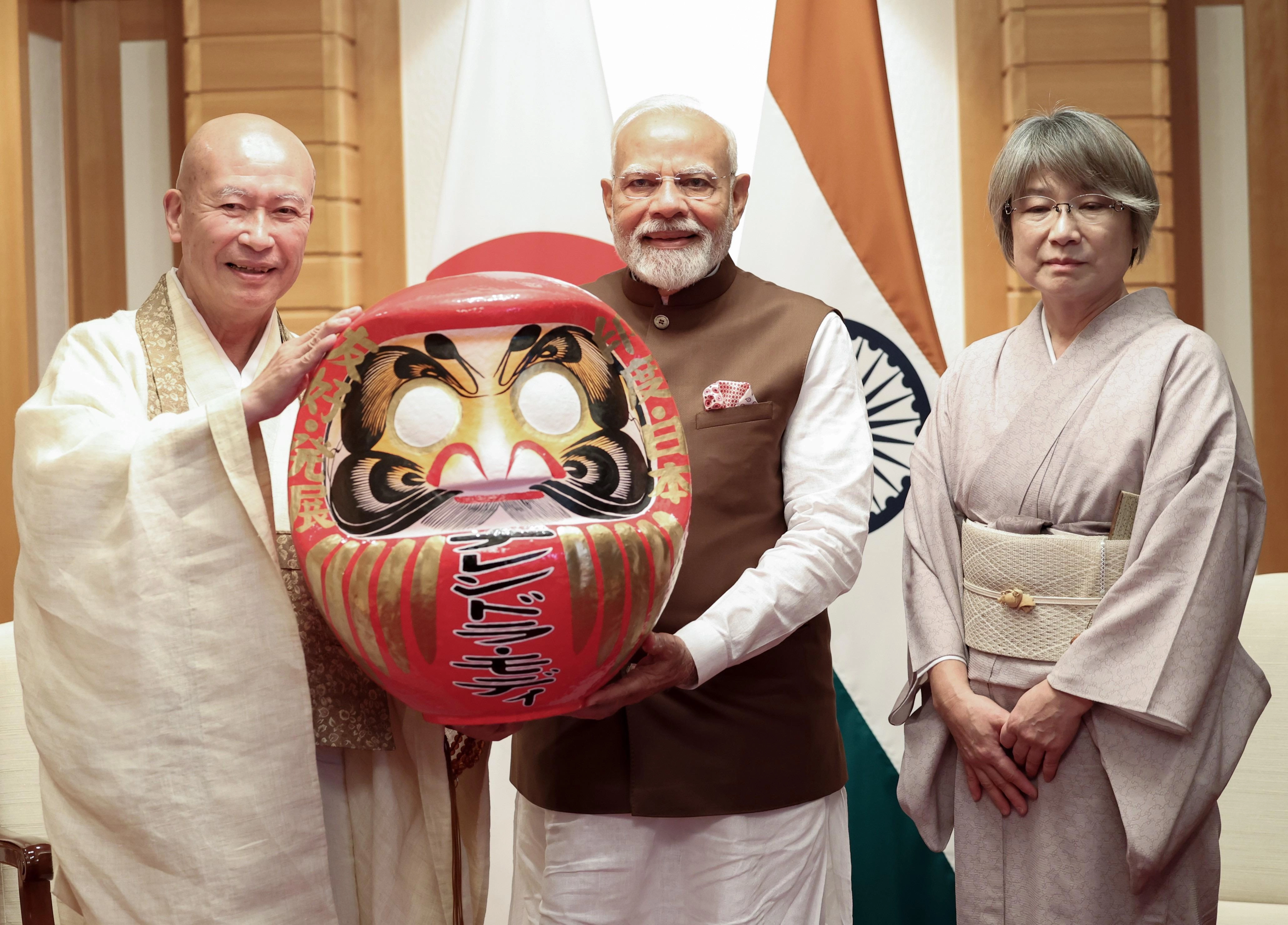Elon Musk’s father, Errol Musk, recently made headlines following his visit to the renowned Ram temple in Ayodhya, India. Expressing a sense of fulfillment and wonder, he stated, “Glad I came to see it,” highlighting the significance of this pilgrimage. The Ram temple, a site steeped in historical and spiritual importance, draws countless visitors, and Errol’s remarks indicate his appreciation for the cultural and religious heritage that the temple embodies. As a place of worship and a symbol of faith for millions, the temple represents a connection to the past and a beacon of hope for many.
During his visit, Errol Musk took the time to explore not just the architectural beauty of the temple but also the surrounding environment, engaging with the local culture. His experience emphasizes the importance of cross-cultural exchanges and the enriching nature of travel. By visiting such a revered site, he not only paid homage to its historical significance but also fostered a deeper understanding of Indian traditions and beliefs. This kind of engagement highlights how prominent figures can contribute to bridging cultural gaps and promoting global unity through shared experiences.
Errol Musk’s comments also resonate with the broader themes of spirituality and the quest for meaning in life. In a world often characterized by rapid technological advancement and material pursuits, moments spent in reflection at places like the Ram temple can offer profound insights and a sense of peace. His visit serves as a reminder that, regardless of one’s background or beliefs, the exploration of sacred spaces can provide valuable lessons and a renewed perspective on life. As the world continues to evolve, the significance of such cultural landmarks will remain vital in fostering understanding and respect among diverse communities.




